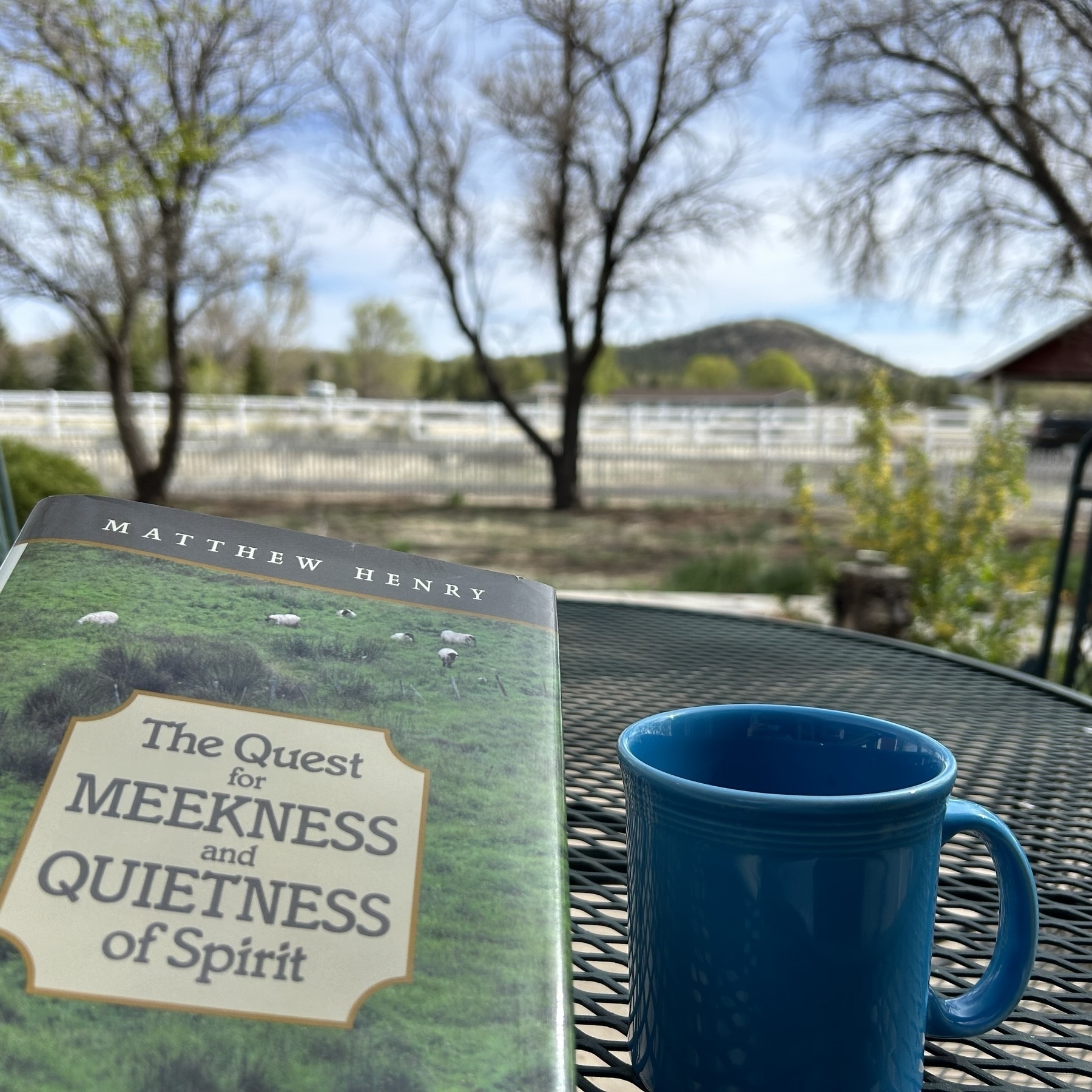Imagine that after working together with Paul to bring the gospel to the island of Crete, Paul leaves you there so that you “might put what remained into order, and appoint elders in every town.” It’s hard to know what “every town” means, but historians think there were about 15 major population centers at the time. To consider the task, you can explore all of Crete’s towns, temples and topography with the Digital Atlas of the Roman Empire.
Thinking about the geography of Crete can help us better understand what Titus' ministry was like and think about our own ministry in our own places. As Charlotte Mason said, “The peculiar value of geography lies in its fitness to nourish the mind with ideas and furnish the imagination with pictures.”
Considering the size of Crete in comparison to your own ministry area can provide perspective. For me that means noting that Crete is roughly one-third the size of Pima County. To visualize the dimensions, I can imagine traveling east to west from Sells to Willcox, and south to north from Green Valley to Casas Adobes at its widest part.I made a map that compares Crete to Arizona to visualize this.
Based on what I know so far, if Titus focused on developing leaders in these 15 cities (with approximately 12 distinct stops since some towns were close together), he could potentially visit every town and return to the starting point in less than 30 days, assuming a brisk walking pace. However, this plan allows only one day per stop, which is not much considering the assignment Paul lays out in his letter. Additionally, this plan assumes that the Christians in each town would be ready to receive Titus upon arrival, which can be challenging even with modern tools like email and GPS.
So if I were Titus, knowing only what I know now, here’s how I would handle it:
- Allocate 3 days at each stop for substantial discipleship time.
- Plan a day of travel between each stop.
- Plan on 3 days for sailing back to the starting point.
- Include 10 extra days for margin.
With this plan, you could spend quality time discipling every 60 days in each town and have the opportunity to worship there on the Lord’s Day at least once per year, maybe even twice. Although I’ve never been to Crete, ancient or modern, this seems feasible to me and likely to produce good results.
I also think such a plan could be adapted to fit other places around the world as long as there was commitment from local Christians in making time in their schedules to meet with the missionary and preparing hospitality for him in advance.
What would you do if you had Titus' job? And what if you were one of the local Christians on Crete, how could you help him during his time on the island?

I’m building a custom commuter bike, and I got one step closer yesterday by overhauling this amazing derailleur. It’s a Sachs Huret Duopar Eco from the early 80s. 🚲

Being flexible and intentional is part of good parenting. John Beeson shows how this applies to leading your kids spiritually through each stage of childhood.
Learn about the inspiring story of Enoch..
The life and translation of Enoch display not only how it is that we come to please God but also what the reward is for those who live and seek God by faith. The reward is God Himself.
If you struggle with discontentment, you probably struggle with coveting. Jen Wilken shows how they are connected and offers some help.
In a list of clear prohibitions, the tenth word is unexpected. For all the other nine, our neighbor could hold us to account fairly simply by gathering witnesses to testify to our compliance or lack thereof. But here, at the end of the list, we find a sin of a different nature. Idol-making, Sabbath-breaking, dishonoring authority, murder, theft, adultery, and slander can all be identified by an onlooker, but not so covetousness. Covetousness hides in the heart. The Ten Words progress from “Don’t do it” to “Don’t say it” to “Don’t even think about it.”

Currently reading: The Compelling Community by Mark Dever 📚
The Bible mentions the balm of Gilead as a famous healing agent. Here’s how to harvest it.
Joshua Gibbs [via Short Letters]
anyone who thinks that the way around ChatGPT is another bullet point on the school honor code is delusional. Sorry, but some things have to change. Homework needs to change. Writing assignments need to change. We need to take ChatGPT for what it is: a referendum on modern, non-classical teaching.
Occasionally, I hear of a presbytery or session that gives theology exams as a take-home test. That should stop immediately.
Jesus’ ascension provides us with an awesome view from above—a glimpse of glory that assures us he has our lives and all things under control.
Read more for several encouraging insights on the ascension of Christ.
I’m happy to have found a Safari extension called Hush. It silences the constant cookie offers—a terrible thing for IRL, but needed right now for the web.
Letters to a Younger Ruling Elder, No. 3: The Importance of the Devotional Life
I have seen the eldership ruined more times by men, not because they were poor elders, but, sadly, because they were poor Christians.
If you dug a tunnel down to the other side of the world, you’d end up in…
You can pray the imprecatory psalms. PCA minister Benjamin Kandt explains how and why in 22 Reasons to Pray the Cursing (Imprecatory) Psalms.
Updated: my Book of Church Order commentary links page. Alan Strange is cruising! He finished the Form of Government and is working on the Book of Discipline now.
Here is my book review of The Unfolding Word: The Story of the Bible from Creation to New Creation by Zach Keele.
Despite what some assume, the percent of those who say they have no religion in America is not fated to increase. In fact, the percent of Nones, as they are called, hasn’t climbed at all in the last six years but has remained at about 20%.
This explains a shift I’ve noticed: being unaffiliated with a religion is no longer cool. I’m not saying it’s uncool to be a None, but like drinking Starbucks or wearing Crocs, it’s not an edgy alternative anymore. It can’t be when the Nones now comprise two out of ten slices of the American pie.
Figuring out what you owe God based on what other humans think is cool is a bad idea. So as the Nones are normalized and lose their cool, it’s a good time for all of us to re-examine how we relate toward God and why.


